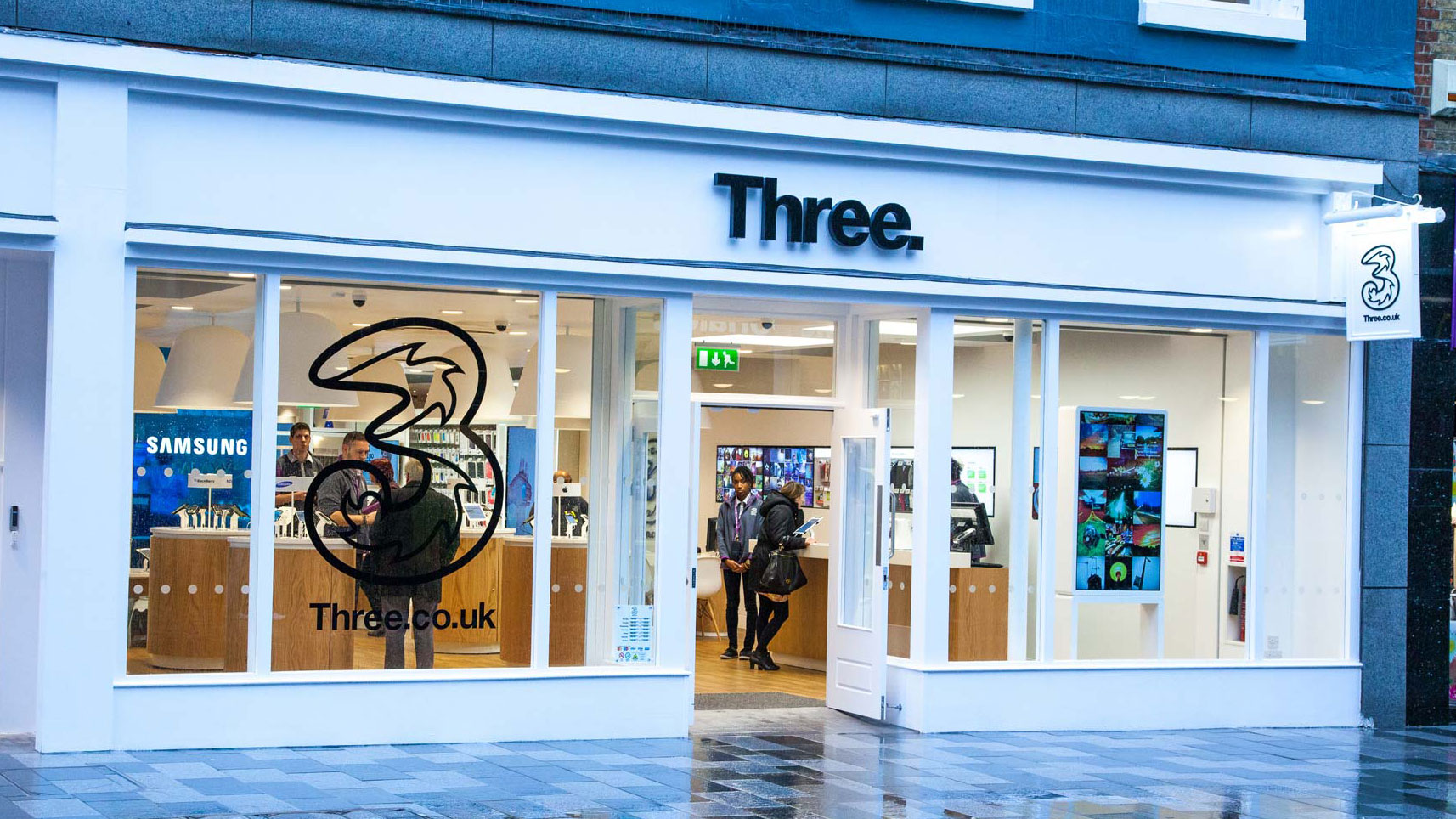Three is switching off its 3G network
Three will reuse resources for 4G and 5G

Three has confirmed it will switch off its 3G network by the end of 2024, freeing up spectrum and network resources that can be used to enhance its 4G infrastructure and continue with the rollout of 5G.
The operator says 5G usage already exceeds traffic on its 3G network and that it expects the number of customers using 3G-only handsets to continue to decline as they upgrade to a newer handset that supports more modern technology.
As the switch-off date nears, Three will work with any customer that hasn’t upgraded to ensure they stay connected.
Three 3G switch off
“3G kick-started the mobile revolution – and launched Three into the UK 20 years ago - but the future is undoubtedly 5G,” said David Hennessy, chief technology officer at Three UK.
“As we continue to roll out our ultrafast connectivity, by not only upgrading our existing 4G sites but building new 5G sites, we’ll be in a position to switch off our use of 3G across our network by the end of 2024.”
The operator believes its contiguous spectrum holdings, particularly in the 3.4GHz band, present it with an opportunity to transform from the smallest player into the market to a potential leader during the 5G era.
It says the average data usage per customer has increased by a fifth in the past year to 19GB, driven by the popularity of bandwidth-intensive applications, and believes the greater availability of 5G is likely to increase this even further. 5G is expected to account for more than a third of all traffic by the end of 2022.
Sign up to the TechRadar Pro newsletter to get all the top news, opinion, features and guidance your business needs to succeed!
EE and Vodafone have already confirmed plans to switch off their 3G infrastructure by 2023, however 2G will remain operational. Its wide coverage and comparatively lower power requirements that make it an ideal standard for mass IoT deployments that require long battery life and minimal bandwidth, such as smart metres. Some elderly and rural users also require 2G which also offers a more universal roaming service.
However, all four mobile operators have agreed to switch off their 2G and 3G services by 2033 so spectrum can be used to support more advanced networking standards, including 6G.
- If you want to take advantage of its 5G service, then its time to look at the best Three mobile phone deals
Steve McCaskill is TechRadar Pro's resident mobile industry expert, covering all aspects of the UK and global news, from operators to service providers and everything in between. He is a former editor of Silicon UK and journalist with over a decade's experience in the technology industry, writing about technology, in particular, telecoms, mobile and sports tech, sports, video games and media.